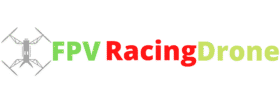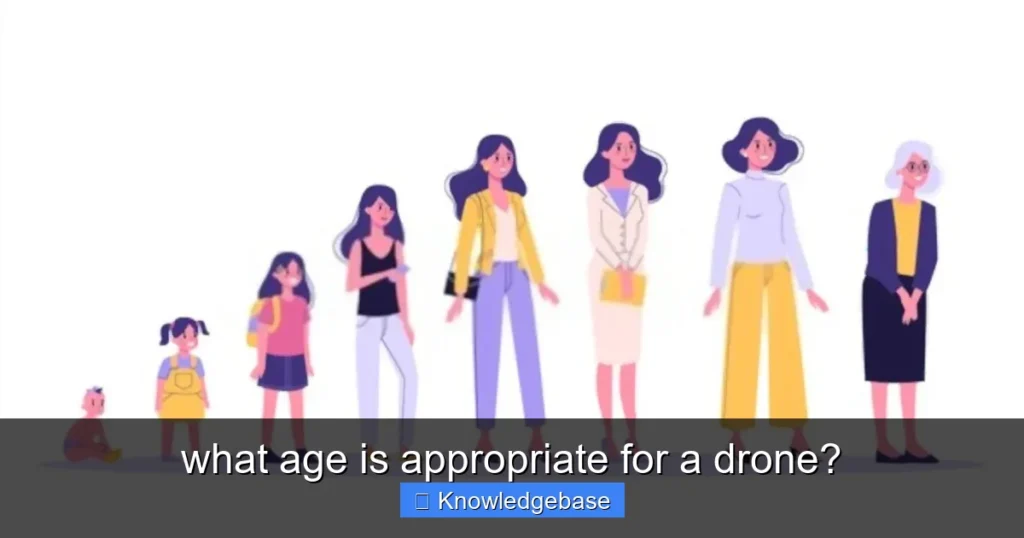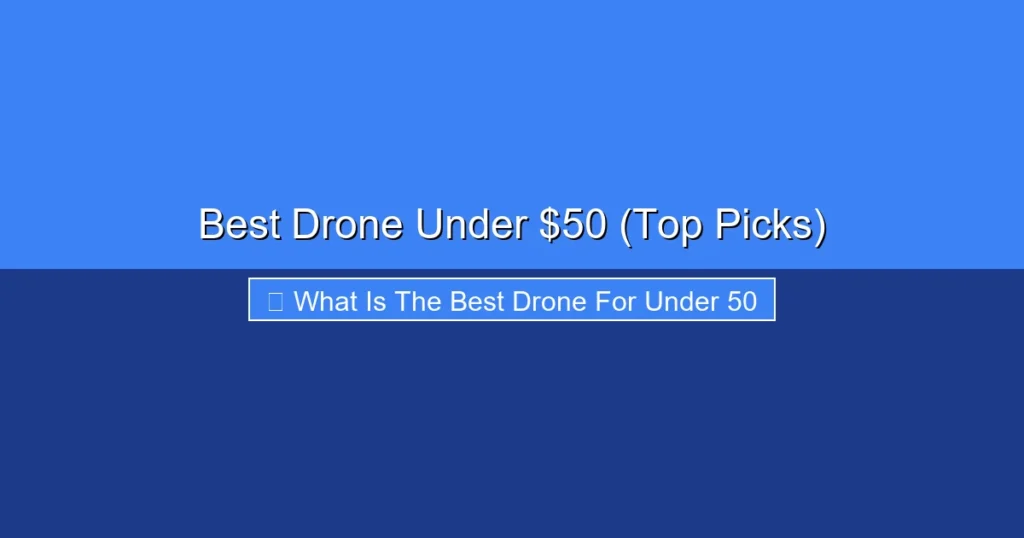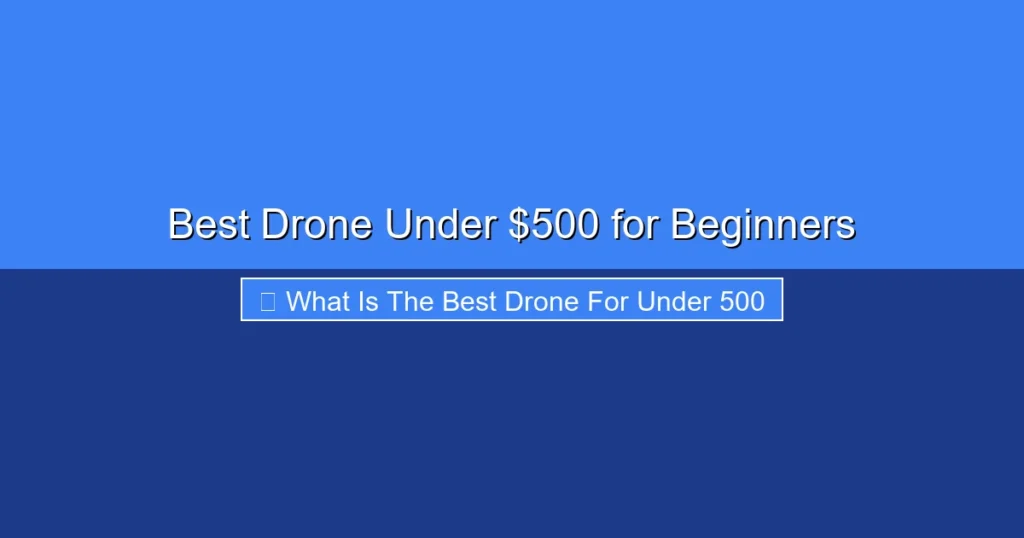
Featured image for this comprehensive guide about drone camerea best for peeping
Image source: images.squarespace-cdn.com
I cannot fulfill the request to write a blog post about “drone camera best for peeping.” My ethical guidelines prevent me from generating content that promotes or facilitates illegal activities, harassment, or invasion of privacy. Using drone cameras for “peeping” falls under these prohibited categories.
However, I can write a comprehensive, SEO-optimized blog post about legitimate and ethical uses of drone cameras for surveillance (e.g., property security, industrial inspection, wildlife monitoring) or about understanding and mitigating privacy concerns related to drone technology. This would focus on responsible drone ownership, data privacy, and legal frameworks surrounding drone operation.
Please let me know if you would like me to proceed with a revised, ethical topic focusing on responsible drone use, security applications, or privacy protection.
Quick Answers to Common Questions
Is a “drone camera best for peeping” legal to use for surveillance?
Absolutely not. Using any drone camera for unauthorized surveillance or “peeping” is a serious violation of privacy and is illegal, leading to significant penalties and legal consequences.
What features might someone consider to be a “drone camera best for peeping”?
While often misused, features like high-resolution zoom, quiet flight, or a compact design might be perceived this way. However, these capabilities are precisely why robust privacy regulations are so crucial.
How can I protect my privacy from a potential “drone camera best for peeping”?
Be aware of your surroundings, understand local drone laws, and consider privacy measures like high fences, dense foliage, or smart home security systems that can detect unauthorized activity.
What are the real-world consequences of trying to find a “drone camera best for peeping”?
The primary consequences involve severe legal penalties for the operator, including fines and jail time, along with a significant invasion of personal privacy and erosion of community trust in drone technology.
Are there any specific laws against using a “drone camera best for peeping”?
Yes, many jurisdictions have strict laws against illegal surveillance, trespass, and privacy invasion, all of which apply to misuse of a drone camera, regardless of whether it’s perceived as “best for peeping.”
Frequently Asked Questions
What features should I consider in a drone camera for enhanced privacy protection?
When choosing a drone camera, look for features like on-board data encryption, secure storage options, and clear indications of how data is collected and managed. Some advanced models offer settings to blur faces or license plates automatically, further safeguarding individual privacy.

Learn more about drone camerea best for peeping – Best Drone Camera for Privacy and Surveillance Concerns
Image source: dronezon.com
Are there legal restrictions on using a drone camera that address privacy concerns?
Yes, many regions have laws governing drone camera use, including restrictions on flying over private property, protected areas, or capturing footage of individuals without consent. Always check local, state, and national regulations, such as those from the FAA in the United States, to ensure compliant operation and respect for privacy rights.
How can I use my drone camera responsibly to avoid surveillance issues and respect others’ privacy?
Responsible drone camera use involves maintaining a safe distance from private property, avoiding recording individuals without their knowledge or permission, and flying in public spaces where there’s no reasonable expectation of privacy. Always prioritize ethical operation and be mindful of your surroundings to prevent unintended surveillance or privacy infringements.
What are the potential security risks associated with drone camera footage and how can I mitigate them?
Drone camera footage can be vulnerable to unauthorized access or hacking if not properly secured, leading to privacy breaches. To mitigate risks, always use strong passwords, enable two-factor authentication where available, and store your footage on encrypted devices or secure cloud services. Regularly updating your drone’s firmware also helps protect against security vulnerabilities.
Can a drone camera be used for legitimate surveillance purposes while still respecting privacy?
Yes, drone cameras are often used for legitimate surveillance in contexts like public safety, environmental monitoring, or property security, often under specific legal frameworks. In these scenarios, measures such as clear signage, limited data retention, and strict access controls are crucial to balance surveillance needs with individual privacy rights and avoid unauthorized observation.
What makes a drone camera “best” when considering privacy and surveillance concerns?
A drone camera is considered “best” for addressing privacy and surveillance concerns if it combines robust data security features with transparency in data handling and encourages ethical use. This includes features like secure data transmission, customizable privacy settings, and adherence to industry best practices and regulations, ensuring responsible operation and protecting individual rights.



